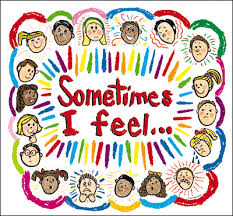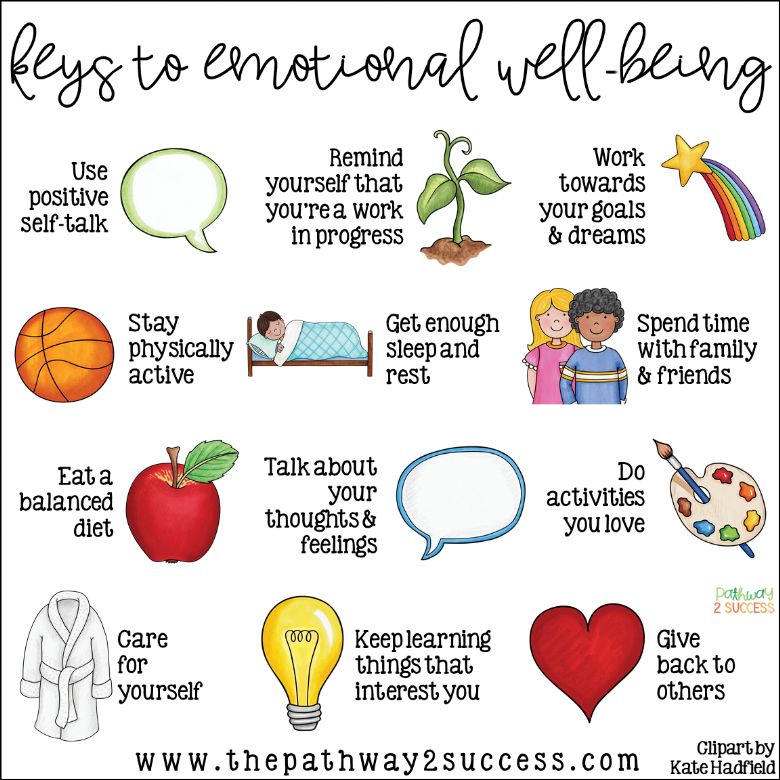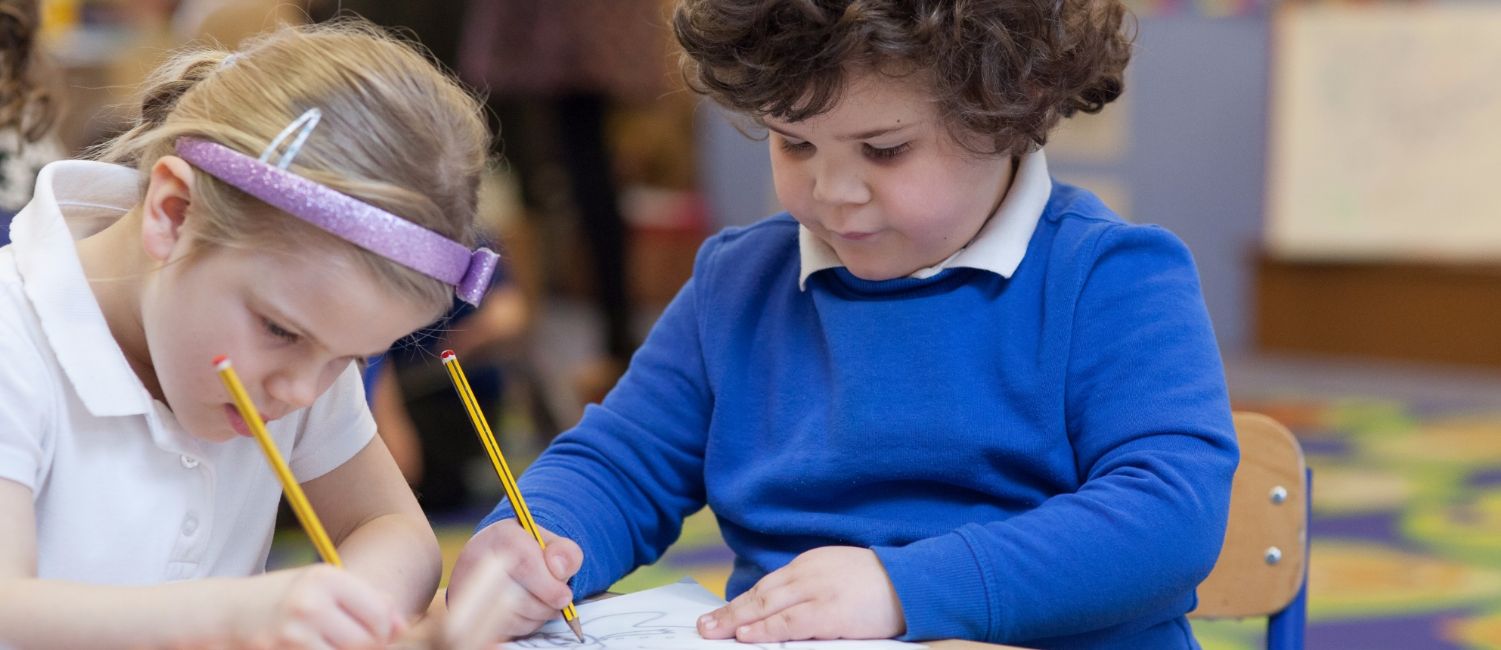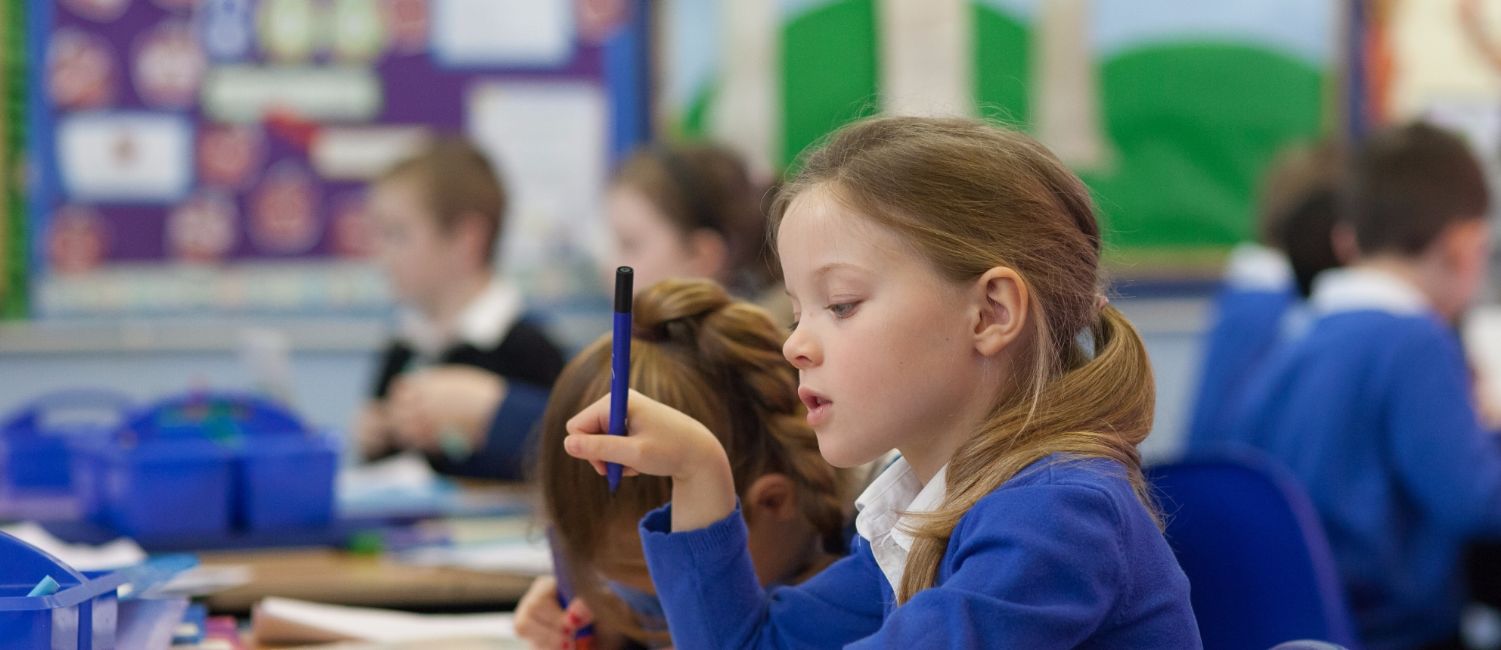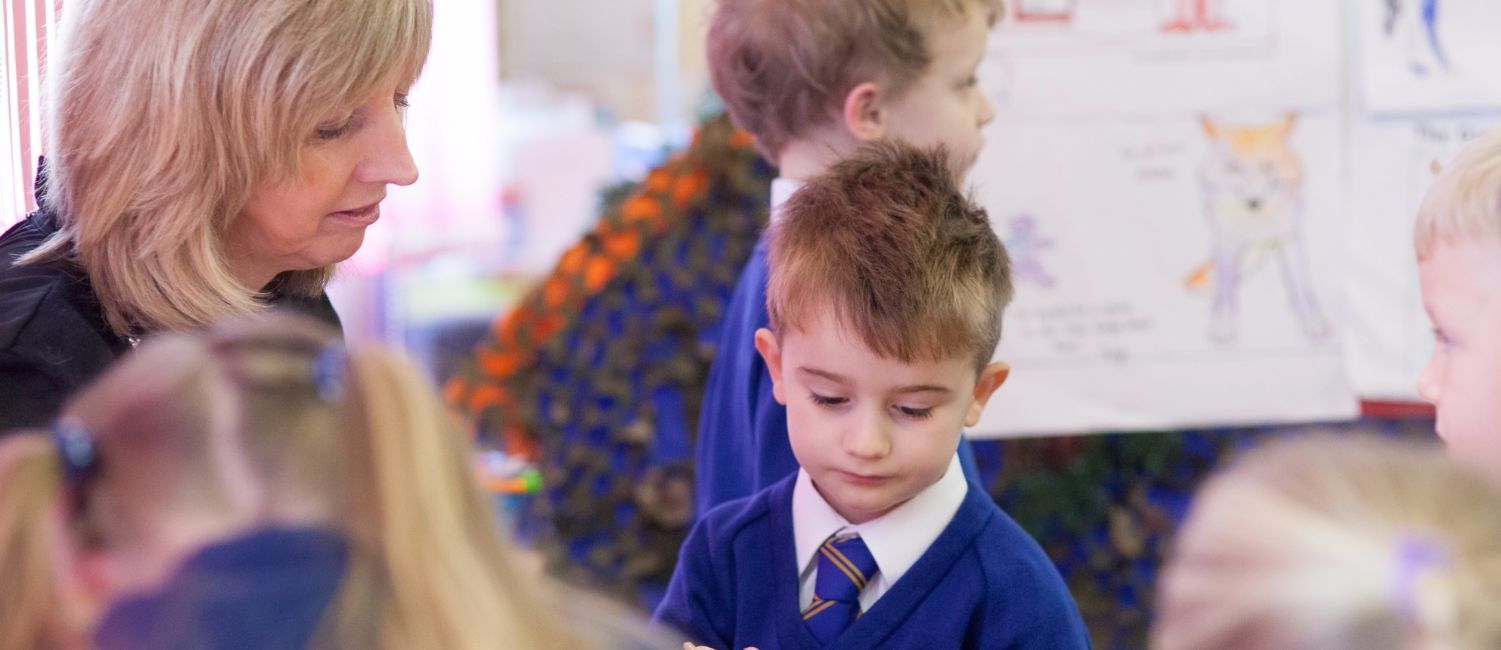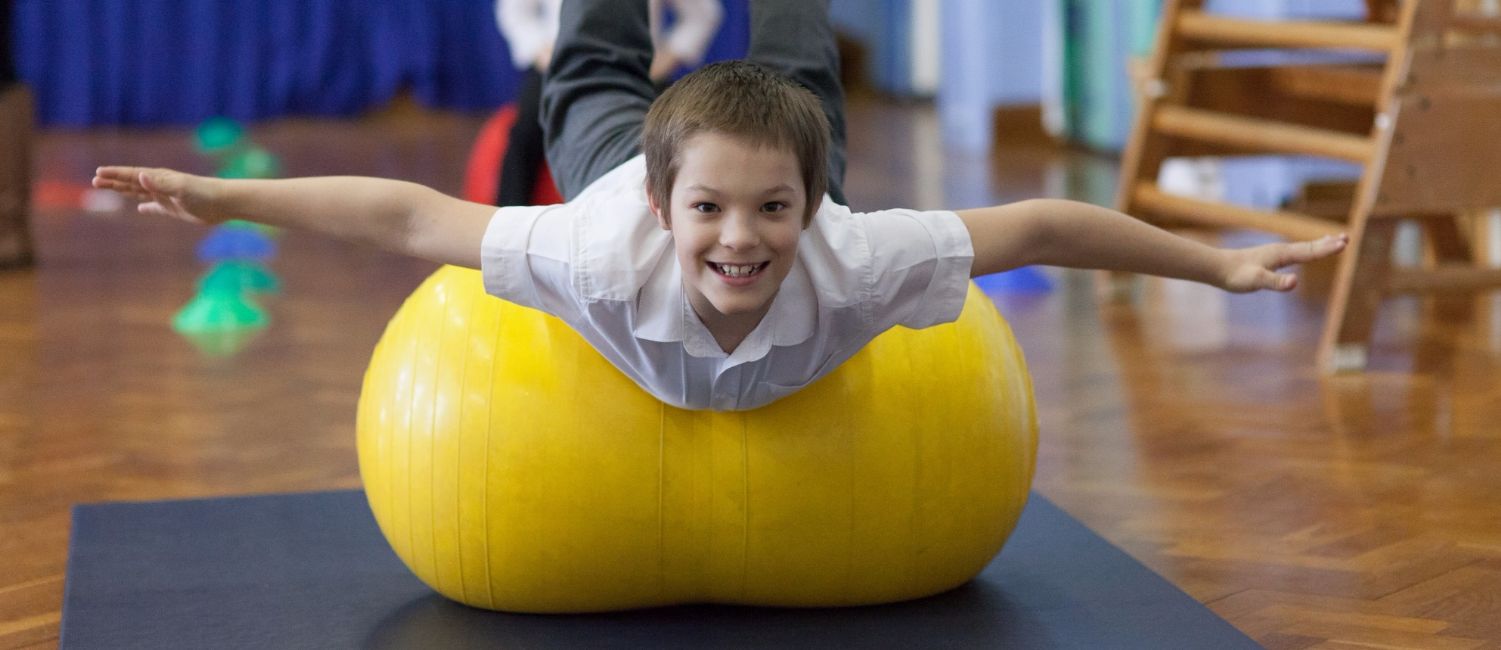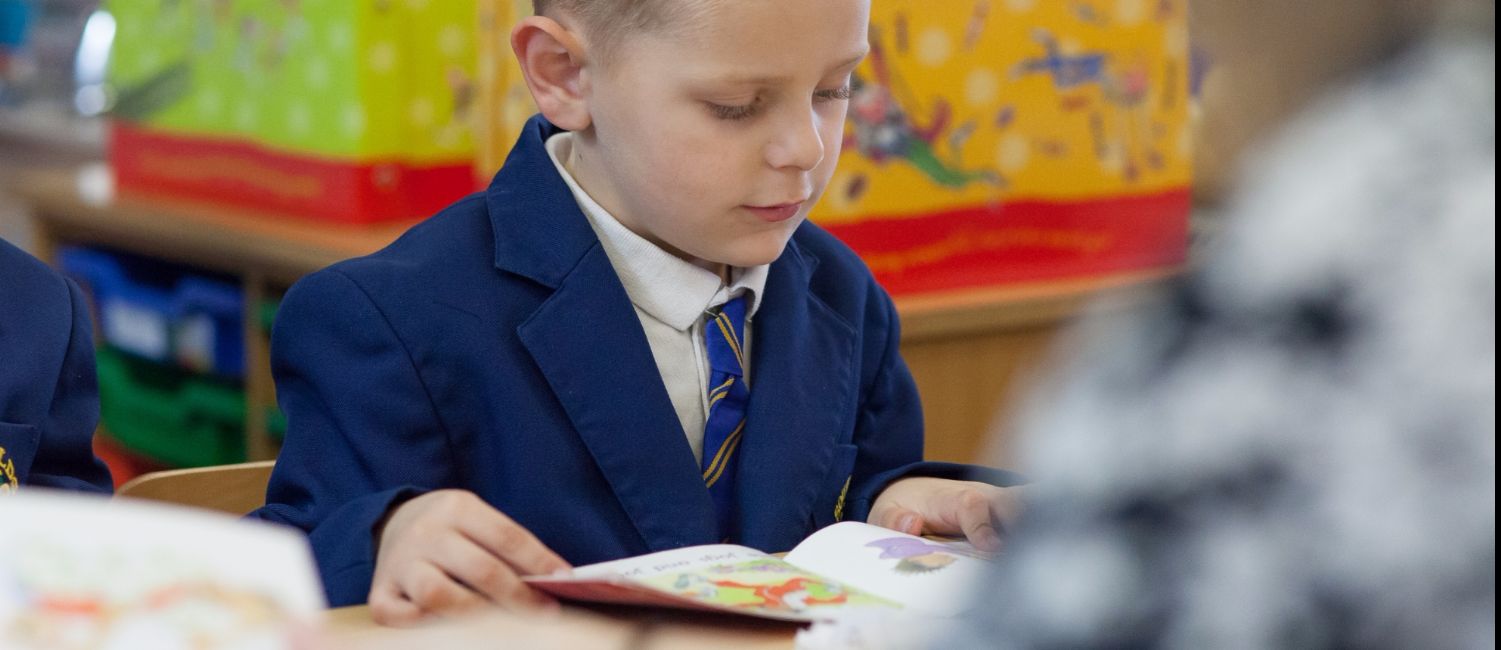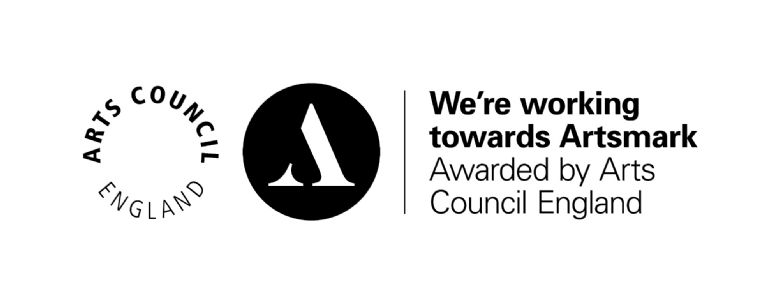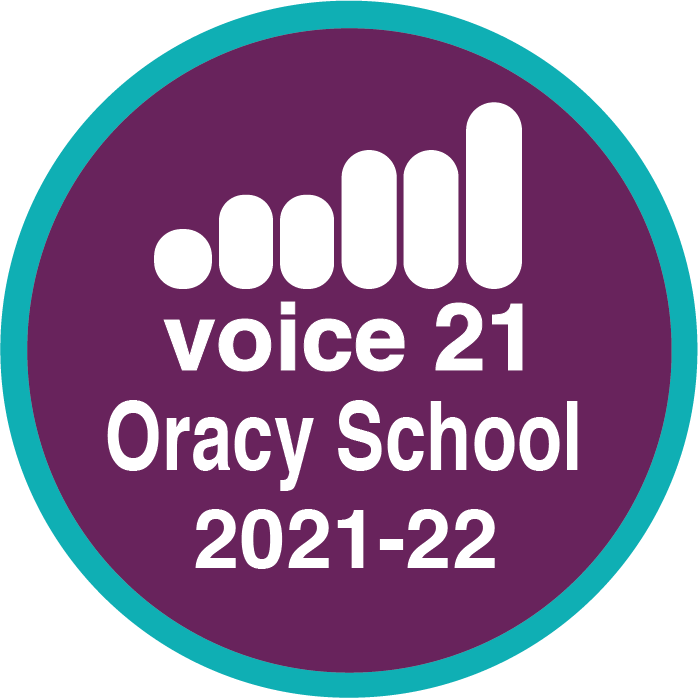Healthy Schools
Through a positive, caring environment, we provide every child the opportunity to reach their full potential. We want the children to be ready for the next chapter in their education and their lives by ensuring they are safe, healthy and responsible. Here is the guidance for schools about how they can be rated for their healthy schools initiative: https://www.gov.uk/government/publications/healthy-schools-rating-scheme
Southfields Primary School recognises that a healthy school is one that is successful in helping pupils to do their best and build on their achievements. It is committed to ongoing improvement and development. It promotes physical and emotional well-being by providing accessible and relevant information and equipping pupils with the skills and attitudes to make informed decisions about their health. A healthy school understands the importance of investing in health to assist in the process of raising levels of pupil achievement and improving standards. It also recognises the need to provide both a physical and social environment that is conducive to learning. We want to build on the children’s current knowledge to ensure they have the right skills and knowledge to keep safe, healthy and make responsible decisions. From recent media coverage, there is increasing concern about rising rates of obesity, tooth decay and related health problems in children. As a school it is part of our responsibility to help our children, staff and families learn how to live a healthy lifestyle.
Healthy schools can be broken down into four areas; some of the education and activities may cover more than one area. They are;
- Personal, social and health education (PSHE)
- Healthy eating
- Physical activity and active travel
- Social, emotional and mental health (SEMH)
Personal, social and health education:
PSHE education is a school subject through which pupils develop the knowledge, skills and attributes they need to keep themselves healthy and safe, and prepared for life and work. Well-delivered PSHE programmes have an impact on both academic and non-academic outcomes for pupils.
There are lots of ways that you can support and embed your child's PSHE learning at home. Please see the attached document below for lots of ideas to help you.
https://primarygamesarena.com/Topics/Money
https://www.nidirect.gov.uk/articles/road-safety-children-under-seven



Healthy Eating:
From recent media coverage there is an increasing concern about rising rates of obesity, tooth decay and related health problems in children. As a school it is part of our responsibility to help our children, staff and families learn how to live a healthy lifestyle.
What do we do at Southfields Primary School?
- Teaching of healthy eating and balanced diets through Science.
- Learning about food groups and the healthy eating plate.
- Children designing a healthy lunchbox or meal.
- Promotion of bringing a healthy lunch box into school.
- Healthy, home-cooked school lunches.
- DT- Education about healthy eating and balanced diets as well as teaching the children how to prepare and make the food.
- Children have access to their water bottles all day - they are kept and cleaned in school. Children are encouraged and reminded to drink plenty of water throughout the day.
- EYFS and KS1 have access to fruit at break time every day. The snack trolley in KS2 offers healthy filling choices. Children may bring their own snack but are encouraged to bring items such as fruit and vegetables.
- Work with Mr. Buckingham to learn about fruits and vegetables as well as help to grow and pick them.
- Healthy food choices promoted in the lunch hall by staff and initiatives to try new foods.
- Parents have access to make an appointment with the school nurse.
How can you help at home?
Follow these links for more information and useful tips:
https://kidshealth.org/en/parents/habits.html
https://healthykidshealthyfuture.org/5-healthy-goals/nurture-healthy-eaters/classroom-activities/
https://www.topmarks.co.uk/Search.aspx?q=healthy
https://www.nhs.uk/change4life/food-facts/sugar/sugar-swaps-for-kids
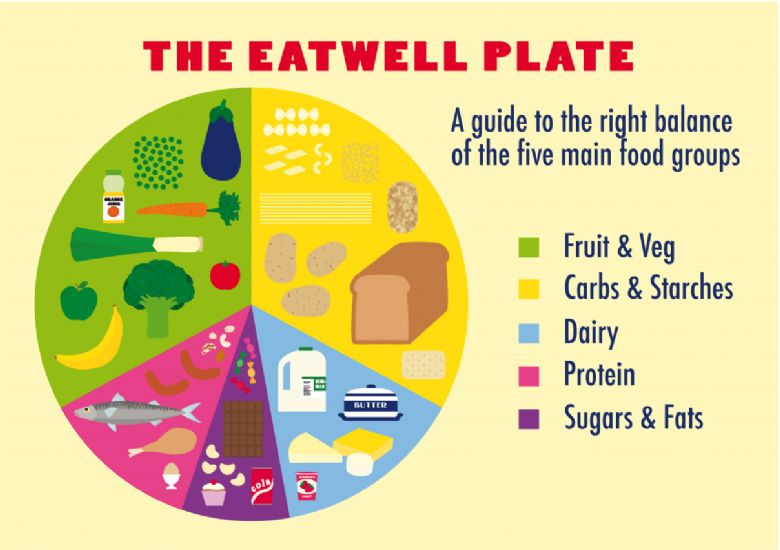


Physical Activity and Active Travel:
Physical activity is an integral part of daily life in a health-promoting school.
Physical activity can contribute to the physical, social and emotional wellbeing of all children, young people and staff within the school and its community.
The link between health, physical activity and wellbeing is well established. Potential benefits of regular participation in moderate intensity activity include:
• Improved overall health.
• Healthy growth and development.
• Improved muscular strength, endurance and flexibility.
• Maintenance of energy balance (in order to encourage a healthy weight).
• Reduced risk of developing adult diseases and conditions such as heart disease, diabetes and high blood pressure.
• A sense of wellbeing.
• Enhanced self-esteem.
• Reduction in anxiety and stress.
•Opportunities for social interaction.
• Improved social and moral development.
• Improved cognitive functioning and academic achievement in school.
How can you help at home?
Follow these links for more information and useful tips:
https://kidshealth.org/en/parents/active-kids.html
https://www.nhs.uk/change4life/activities



Social, Emotional and Mental Health:
Social, emotional and mental health can often be seen in a negative way. This is not always the case, at Southfields we offer support to any child having difficulty in this area but of course it is also an area that is built into our curriculum to help teach and prepare children for situations that may occur. This education is about giving the children the tools they need to deal with situations. At Southfields we pride ourselves on supporting children to create their own toolkit but also offering the right support to children for the following;
- Attendance
- Attention and listening skills
- Low self-esteem
- Managing anger
- Forming and maintaining relationships
- Depression
- Bereavement
- Life outside school
If you are worried about any of the areas listed above please contact your child's class teacher or the school's welfare team.
How can you help at home?
Follow these links for more information and useful tips:
https://www.caringforkids.cps.ca/handouts/mental_health
http://chums.uk.com/cambs-pborough-services/
https://youngminds.org.uk/find-help/for-parents/
https://www.keep-your-head.com/cyp/CP-MHS/parents/welcome-to-the-parents-and-carers-section
